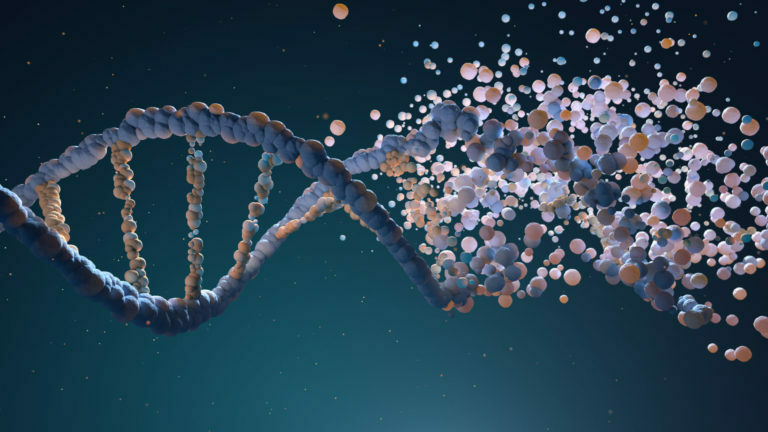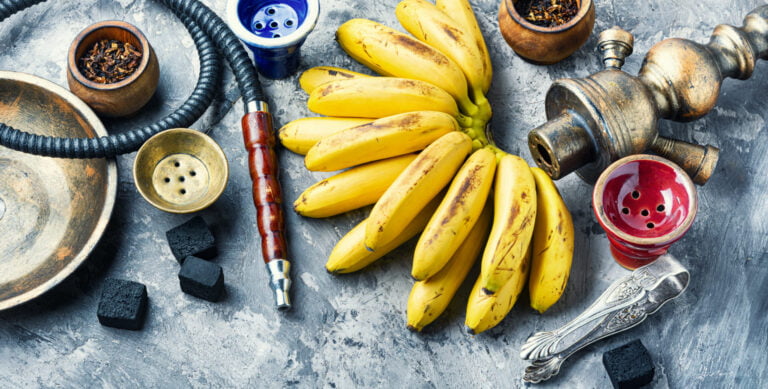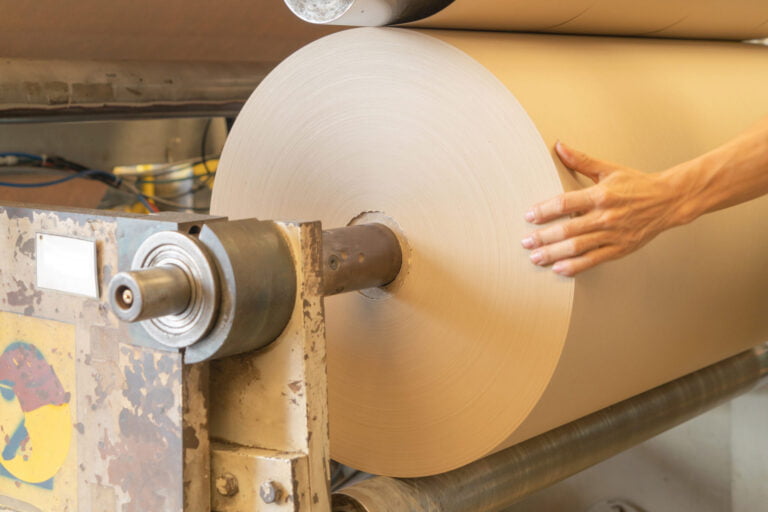Nicotinamide adenine dinucleotide (NAD) is a critical player in metabolism and is one of the most important molecules in your body. It’s responsible for energy production, immune function, and DNA repair, to name a few. So it’s no wonder that NAD+ levels decline as we age. Luckily, there are several things you can do to increase your levels of NAD+ and keep your body functioning at its best. Keep reading to learn what is nicotinamide adenine dinucleotide?
What is NAD?
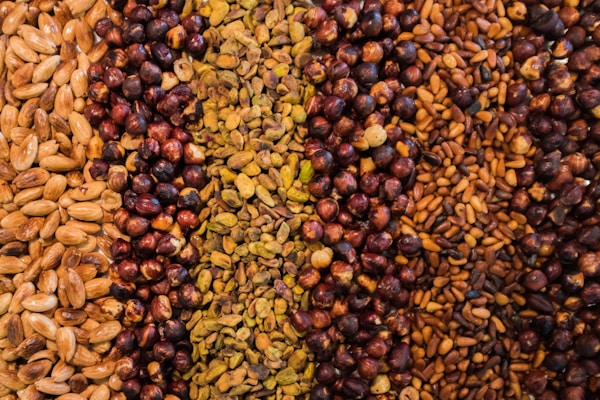
Nicotinamide adenine dinucleotide (NAD+) is a coenzyme found in all living cells. It’s involved in the transfer of electrons between molecules and is necessary for producing energy from food. NAD+ also plays a role in DNA repair and cell signaling. Levels of NAD+ decline with age, leading to decreased energy production and impaired DNA repair. Supplementing with NAD+ may help increase energy levels and improve cellular function. However, before taking any supplements be sure to consult a healthcare professional. One way to increase NAD levels is to eat foods that are high in NAD+ precursors. These include protein-rich foods, vitamin B3 (niacin), and vitamin B6. Foods that are excellent sources of niacin include beef liver, chicken breast, turkey breast, tuna fish, salmon fish, sunflower seeds, peanuts, and lentils.
How does NAD work in the body?
Nicotinamide adenine dinucleotide is a molecule that plays a vital role in various cellular processes. NAD is involved in redox reactions, which are chemical reactions that transfer electrons between molecules. In addition, NAD helps to transfer electrons from food to the electron transport chain in the mitochondria. This process is essential for energy metabolism and ensures that cells have the energy they need to function properly. NAD also has a role in non-redox enzymes, which do not use oxygen during their reaction. These enzymes include sirtuins, CD38, and poly(ADP-ribose) polymerases. Non-redox NAD-dependent enzymes help with tasks such as DNA repair and chromatin remodeling, which are essential for maintaining tissue health and preventing age-related damage.
How can you increase your NAD levels?
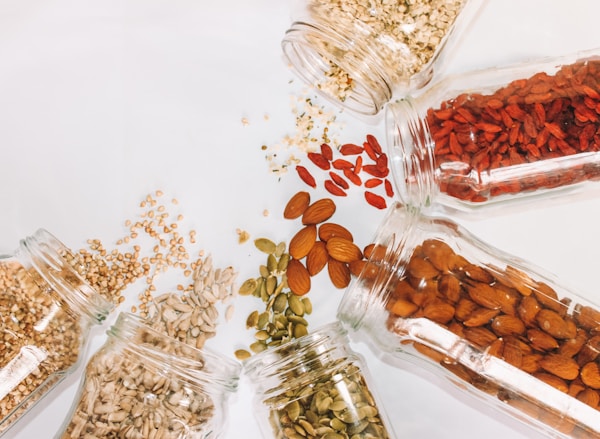
NAD is made up of two parts: nicotinamide and adenine. Nicotinamide is a form of vitamin B3, while adenine is a component of DNA. When these two parts come together, they form NAD+. This molecule plays important roles in energy production and DNA maintenance. NAD levels can be depleted by stress, alcohol, caffeine, and other factors. Low NAD levels can lead to fatigue, DNA damage, and other health problems. But, there are several ways to increase your levels of NAD.
- One way to increase NAD is to eat foods high in niacin. Niacin is a precursor of NAD. Niacin is found in meat, poultry, fish, legumes, nuts, and whole grains.
- Another way to increase NAD is to take supplements that contain NAD or its precursors, niacin and nicotinamide. NAD supplements are available online and in health food stores. Be sure to consult your healthcare provider before consuming any supplements.
- A third way to increase NAD is to exercise, which stimulates the production of NAD.
- A fourth way to increase NAD is to reduce stress. Stress can deplete NAD levels.
- A fifth way to increase NAD is to get adequate sleep, similar to stress, poor sleep can also deplete NAD levels.
- A sixth way to increase NAD is to avoid caffeine and alcohol. These substances can deplete NAD levels.
- A seventh way to increase NAD is to take probiotics. Probiotics help to maintain healthy levels of NAD.
There are many ways to increase your levels of NAD. Following some or all of these tips can boost your energy, protect your DNA, and improve your health.
Overall, NAD+ is an important cofactor in various biochemical reactions and is necessary for health maintenance. Increasing your levels of NAD+ may have several health benefits, including improved mitochondrial function, reduced inflammation, and better blood sugar control.

